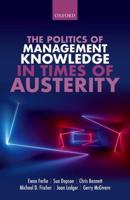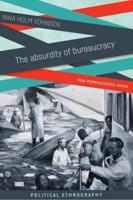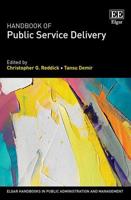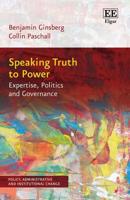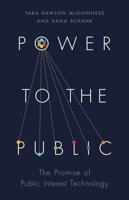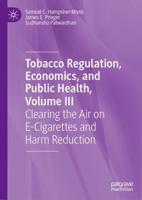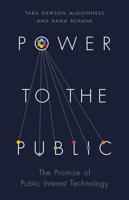Publisher's Synopsis
This book represents a pioneering contribution to the study of municipal solid waste and the policies that can mitigate its negative impact on both the environment and the economy. It is structured around a comprehensive exploration of municipal waste with focus on food waste and plastic waste in China and the United States, the two largest economies and the biggest contributors to greenhouse gas emissions. By drawing a comparative analysis and case studies from businesses and non-governmental organizations (NGOs), this book sheds light on an often overlooked but critically important area of environmental policy. The authors offer a set of concrete policy recommendations that span regulatory frameworks, measurement systems, technological innovations, financing strategies, and market-based approaches. A hybrid governance model that combines government regulation with market incentives is advocated, creating a dynamic system in which waste is not only managed but also converted into renewable energy, benefiting both the economy and the environment. The book is well-structured and accessible to all audiences interested in environmental policy and waste management. It offers valuable insights for policymakers in governmental or professional institutions, helping them devise more effective solutions for municipal waste management.

